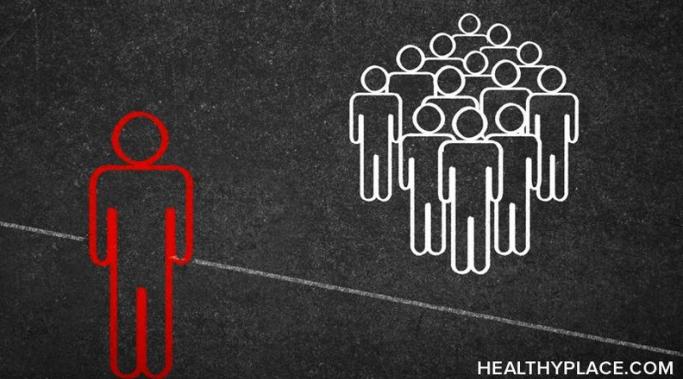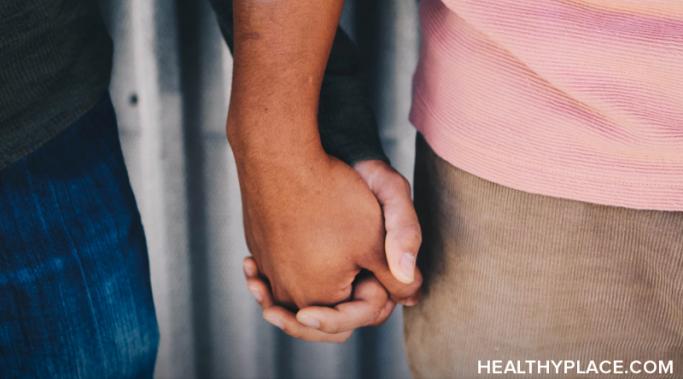This post is not necessarily about wrist scars, as self-harm can come in many forms. This is just a reflection on my personal experiences with self-injury in the wrist and forearm area, as that's where I used to hurt myself. I feel most people react to scars similarly, especially if their reaction comes from ignorance or fear rather than love. Therefore, this post might be helpful if you know someone who self-harms and you wonder how to behave around them.
Self-Harm Disclosure
Self-injury often travels with certain psychiatric conditions. One such example is bipolar self-harm. This is not necessarily a symptom of bipolar disorder, but I think many bipolar patients ended up hurting themselves at some point in their lives. Why do we do it? As always, self-harm is a complex phenomenon, so I may not have all the answers, but I can share my own experience in this post.
When you experience a panic attack, the physical sensations are so intense they often cloud your judgment. For example, you may hyperventilate while the room seems to spin and your heart is about to race out of your chest. Some people may also feel like they're cornered in a flight-or-fight situation and may even self-harm during a panic attack. Why does that happen? I'm not sure I have the answers, but I can offer my personal insight.
May is Mental Health Awareness Month, and we've almost reached the end of it. Each year, I see more and more people opening up about their struggles, encouraged by themed conversations on social media and beyond. However, I feel self-injury is particularly difficult to talk about publicly, so self-harm stigma is still going strong. Why are people so afraid of self-harm?
Most people associate self-harm with self-imposed physical injuries that can be seen on the surface of one's skin. However, self-injury can come in many other forms and include behaviors that are much more complex. For instance, some people may use binge eating as self-harm, or they may struggle with an eating disorder like anorexia or bulimia that fuels their self-injury.
Today is my birthday. I usually travel somewhere and pretend the day doesn't exist. However, this year I'm in lockdown, so I have to face the fact that I got a year older. I decided to practice gratitude and celebrate all the little achievements that made me who I am today. For instance, I feel grateful that I can write for HealthyPlace as it helps me (and, hopefully, my readers) stop self-harm.
Broaching a sensitive topic like self-injury can be daunting. On the one hand, talking about self-harm is often an important part of the healing process, but on the other hand, it can feel a bit like trekking across a field filled with landmines. If you're worried about how to talk about self-harm, here's what not to say—and a few suggestions for what to try instead.
Explaining self-harm scars to your boyfriend (or any romantic partner) can be a daunting prospect to face. How do you know whether you're ready to disclose your past, and what can you expect when you do?
Finding out that someone you love has a secret is always shocking, but few secrets are as devastating as self-harm. Helping a self-harming friend open up about his or her struggle may be beneficial for you both, but how do you tackle such a sensitive subject without damaging your relationship?
Trust is a necessary ingredient in any healing process. For those who self-harm, opening up about this habit enough to build a viable self-injury support network requires an enormous amount of trust—but the results are worth it.









